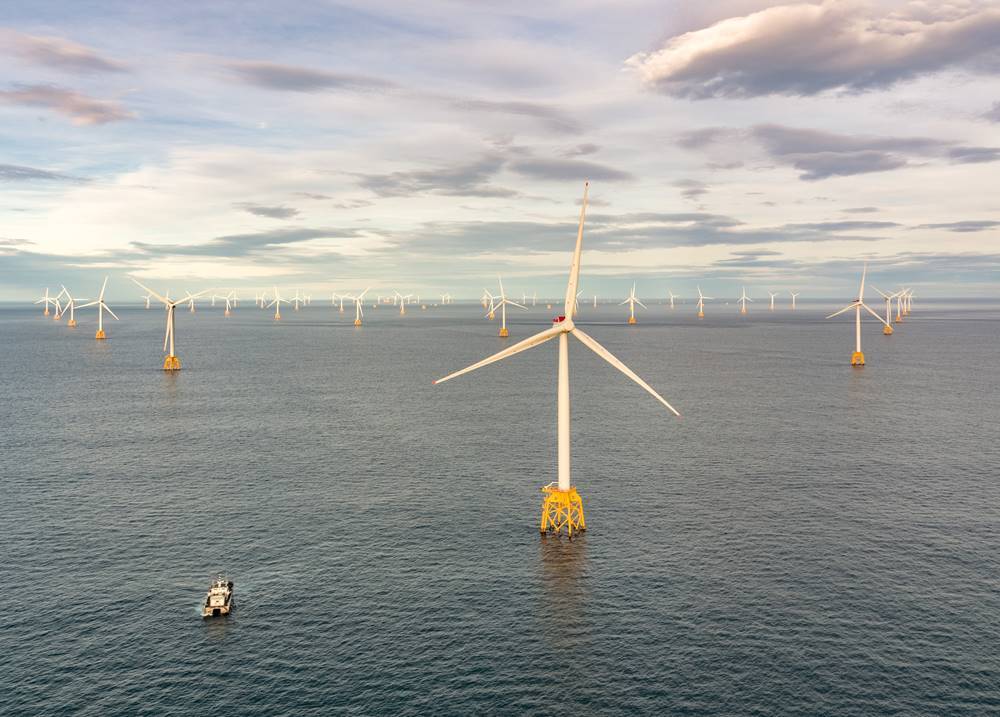SSE has lost an appeal to the Competition and Markets Authority (CMA) relating to modifications to Transmission Network Use of System (TNUoS) charges.
Ofgem approved changes to industry rules in a bid to ensure that charges in 2021/22 would be within the range permitted under retained EU law, with SSE then appealing two modifications to the Connection and Use of System Code (CUSC) as it argued these could have led to transmission charges being outside the range allowed under the relevant law.
The first of these changes was CUSC Modification Proposal (CMP) 317/327 which brought together CMP317 ‘Identification and exclusion of Assets Required for Connection when setting Generator TNUoS charges and CMP327: ‘Removing the Generator Residual from TNUoS Charges’.
The second was CMP339: ‘Consequential changes for CMP317 and CMP327’.
However, the CMA has ruled against SSE, stating that the changes made a breach of the law in 2021/22 much less likely and further changes were expected to take effect by 1 April 2022. Ofgem made clear, the CMA said, that it was expecting National Grid ESO to propose these changes and the deadline for the implementation, adding that Ofgem recognised that the changes were “imperfect”.
SSE has been vocally critical of TNUoS charges, describing the as “unfair and volatile” in February 2021 in analysis that showed how renewable generators located in Scotland pay “significantly” higher costs to connect their electricity to the grid than those in other parts of Great Britain, creating a barrier to renewable developments.
It gave the example of the Beinneun wind farm in Scotland, which pays £5.54/MWh compared to an equivalent wind farm – Pen y Cymoedd – in Wales, which will get paid £2.80 per unit.
In response to today’s announcement, SSE said in a statement it is disappointed by the decision as it felt the proposed changes were “based on a flawed application of the law which will unfairly burden generators with increased costs, undermining low carbon investment and the UK’s net zero ambitions”.
“We support a charging regime and infrastructure which will deliver the flexible low carbon electricity system for the future and therefore we will review the detail of the CMA’s decision in full and consider our next steps,” SSE said, adding it will continue to work with Ofgem, National Grid ESO and the wider industry to deliver a flexible electricity system and meet net zero





